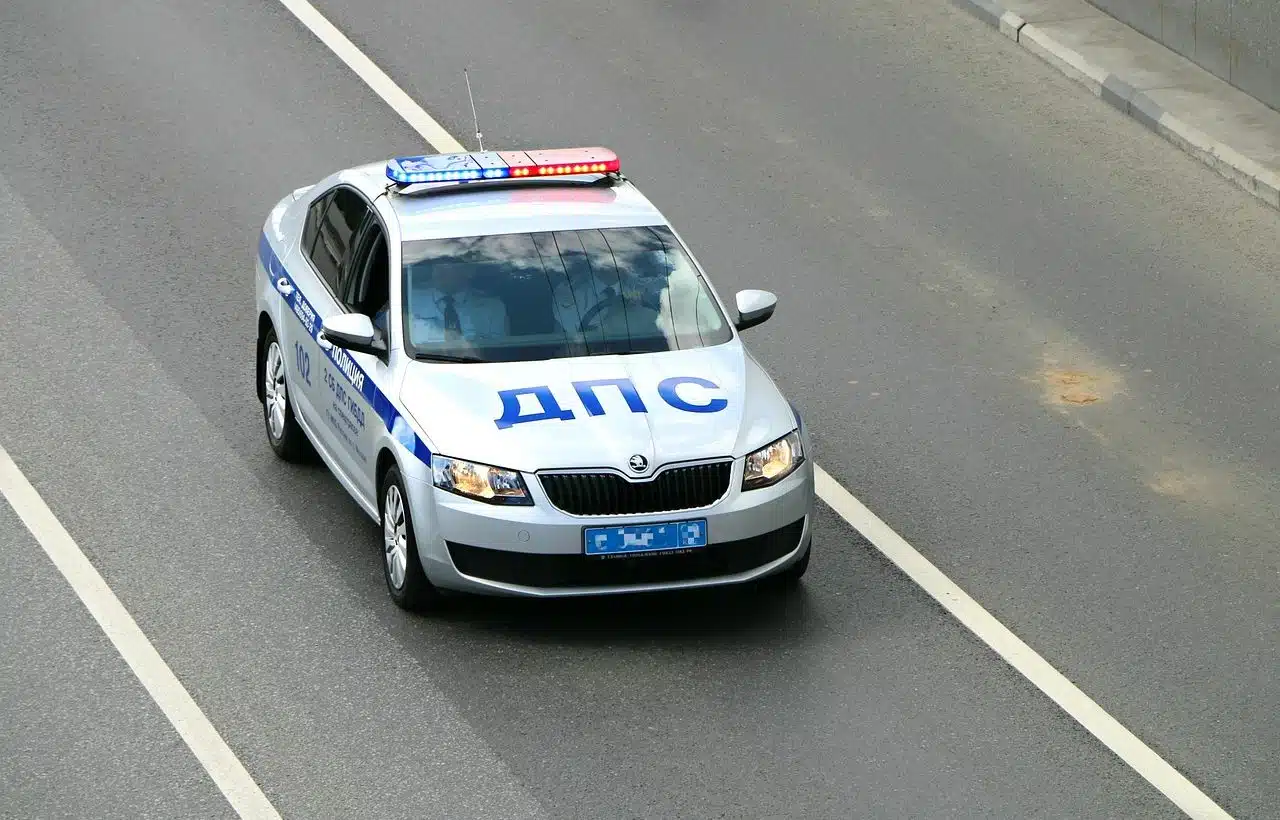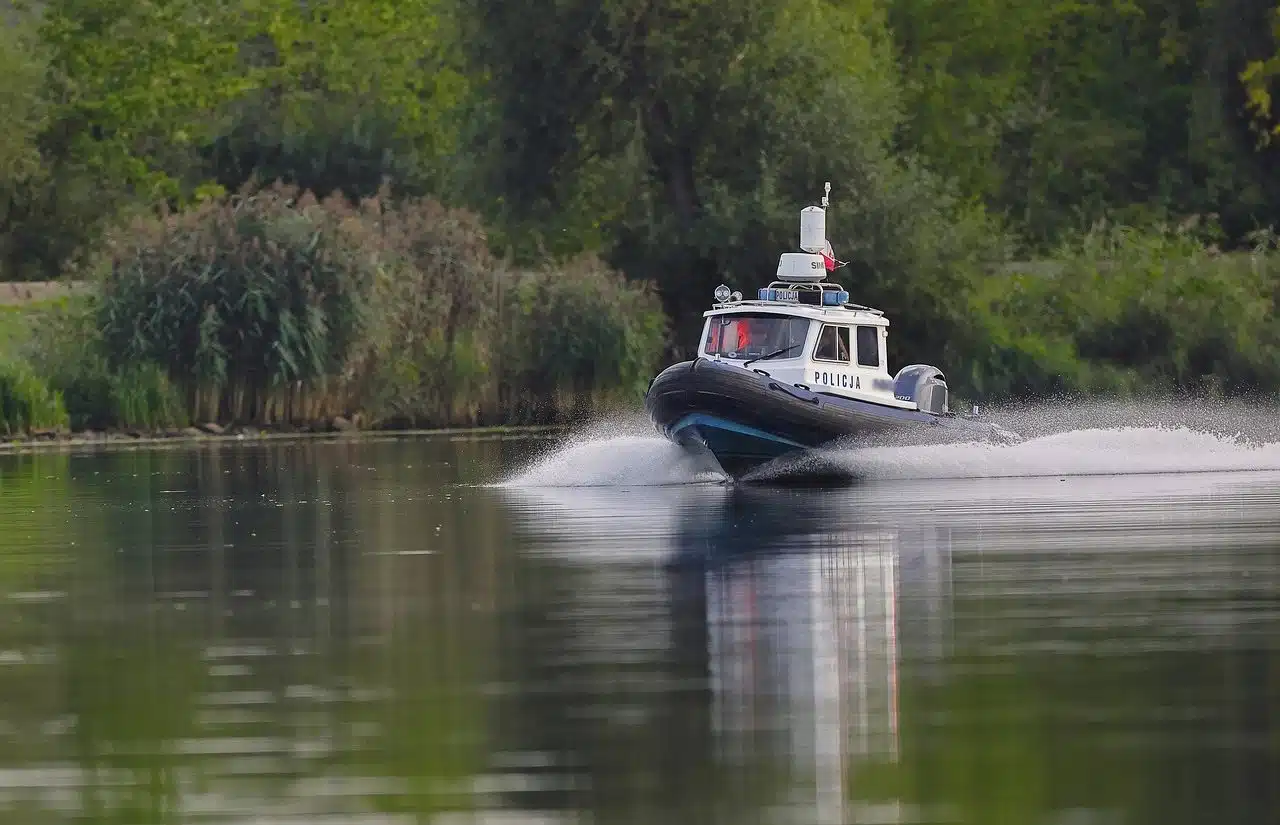
A patrol involves a tour of an area with the aim of avoiding harmful events.
Patrolling is the process and result of patrolling . This verb (patrol), for its part, consists of covering a certain area , generally to prevent crimes from being committed or events with negative consequences from occurring.
For example: "Since the mayor ordered the night patrol of the Costanera, crimes decreased by 21%" , "Border patrol does not prevent illegal immigrants from continuing to enter our territory" , "I am going to take charge, together with the father of Adrián, to carry out patrols during the night so that the boys do not get out of control and the party takes place in peace .
In order to precisely understand the meaning of the term, it is interesting to determine its etymological origin. In this sense, we can establish that it derives from French, exactly from a word from the 15th century: patrouiller , which can be translated as "trample in the mud" .
Types of patrol
Typically, patrolling is a decision by the State authorities to control a region. The police are usually a security force that carries out daily patrols in cities, with the aim of deterring the desire to commit crimes and catching those who have actually committed or are committing an offense.
In addition to all of the above, we cannot forget the existence of different types of patrols, among which are the following:
- Foot patrol , which is the traditional and most normal method in everyday life.
- Mounted patrol , which is carried out by agents on horseback.
- Motorized patrol , in which both cars and motorcycles are used.

Patrolling can be done in the water.
The Spanish Police Corps
In the case of Spain , within the Police Force there is the necessary infrastructure and resources to carry out patrolling. Thus, for example, there are patrol cars which, as their name indicates, are intended to enable the relevant agents to be in charge of patrolling in the area to which they are assigned.
These vehicles are also identified by another series of characteristics, such as the following:
- They are responsible for serving as help and support to police officers in the daily missions they are entrusted with, such as carrying out the arrest of criminals, visiting witnesses, carrying out reports ...
- In the same way, they are useful to undertake the response to specific emergencies that may arise at any time. In these cases, they use appropriate sirens and lights to quickly reach the scene.
Patrolling on water and borders
The prefecture is another force that usually carries out patrols. In this case, for its own mission, the prefecture usually patrols the coastline to ensure safety in the water and on the beaches. Patrolling, in this way, is carried out with a boat.
Patrols are also frequent at the borders . A country can order patrolling of its borders to prevent people from entering its territory without the necessary authorization and documents, as well as to prevent illegal merchandise from leaving the country (smuggled products, drugs, etc.) .
